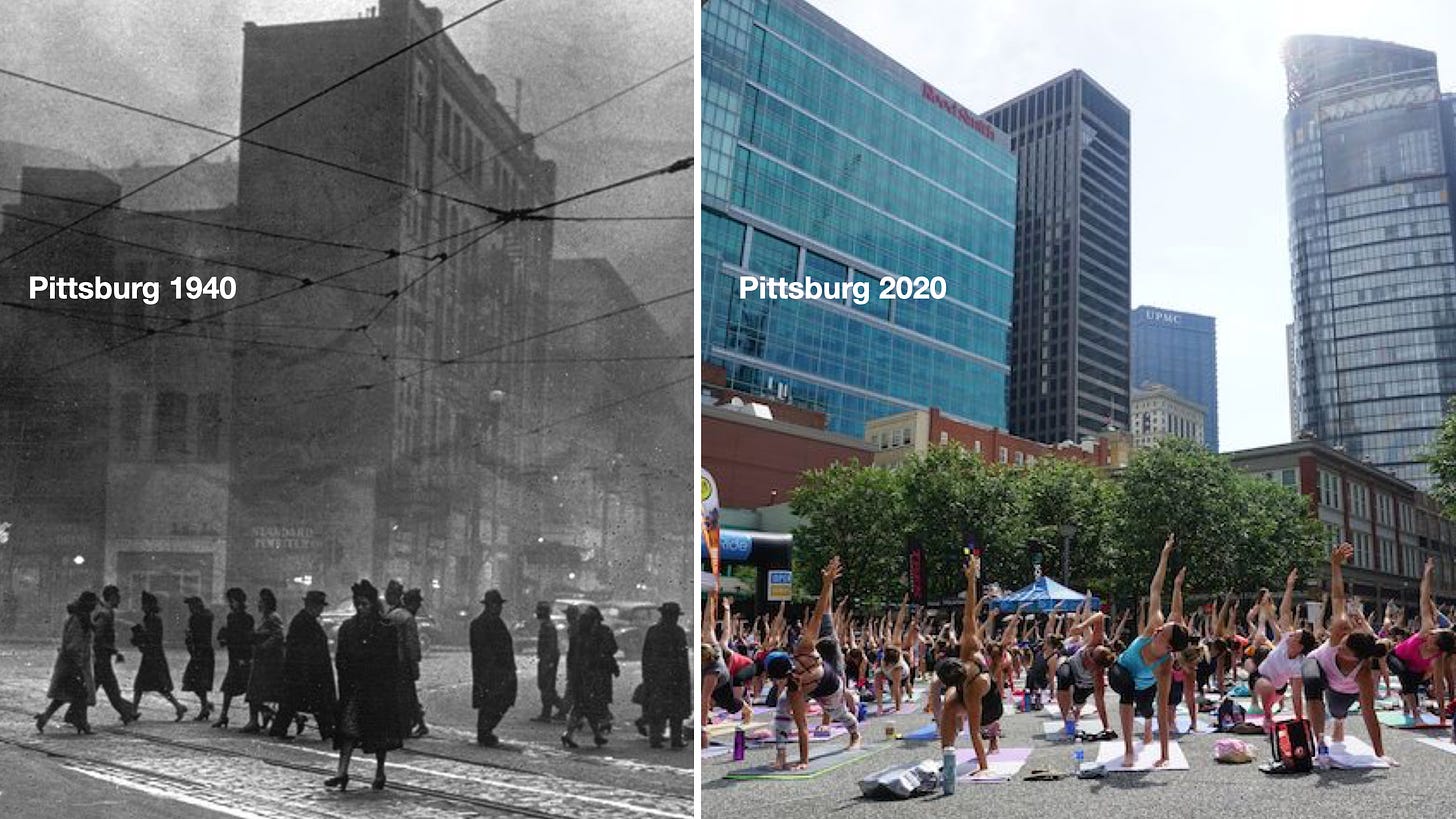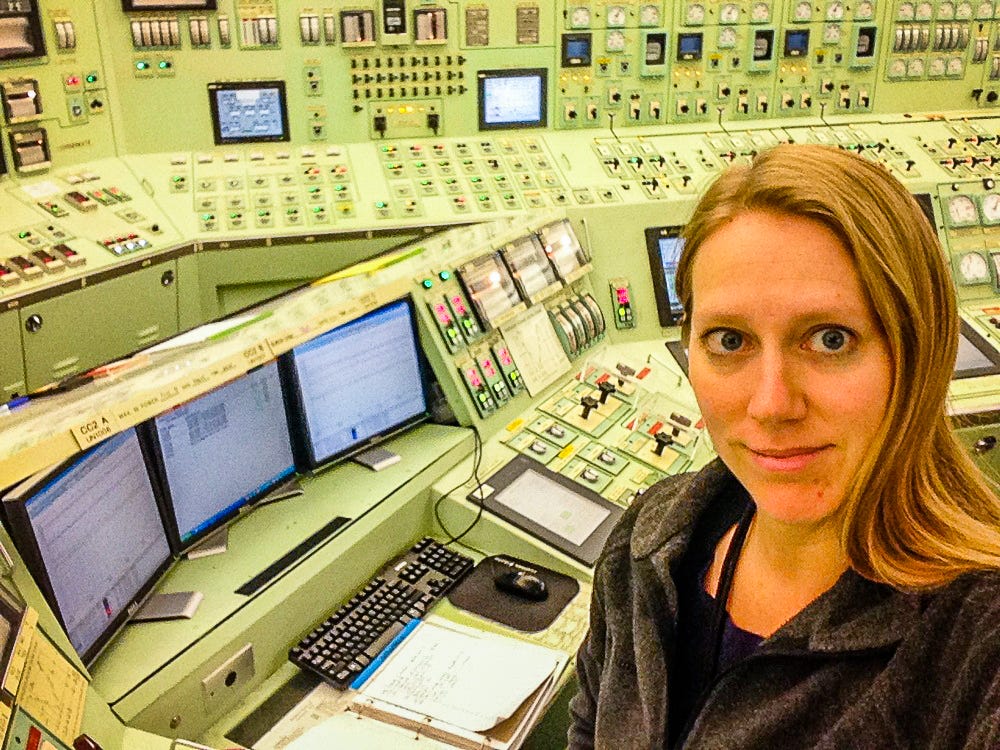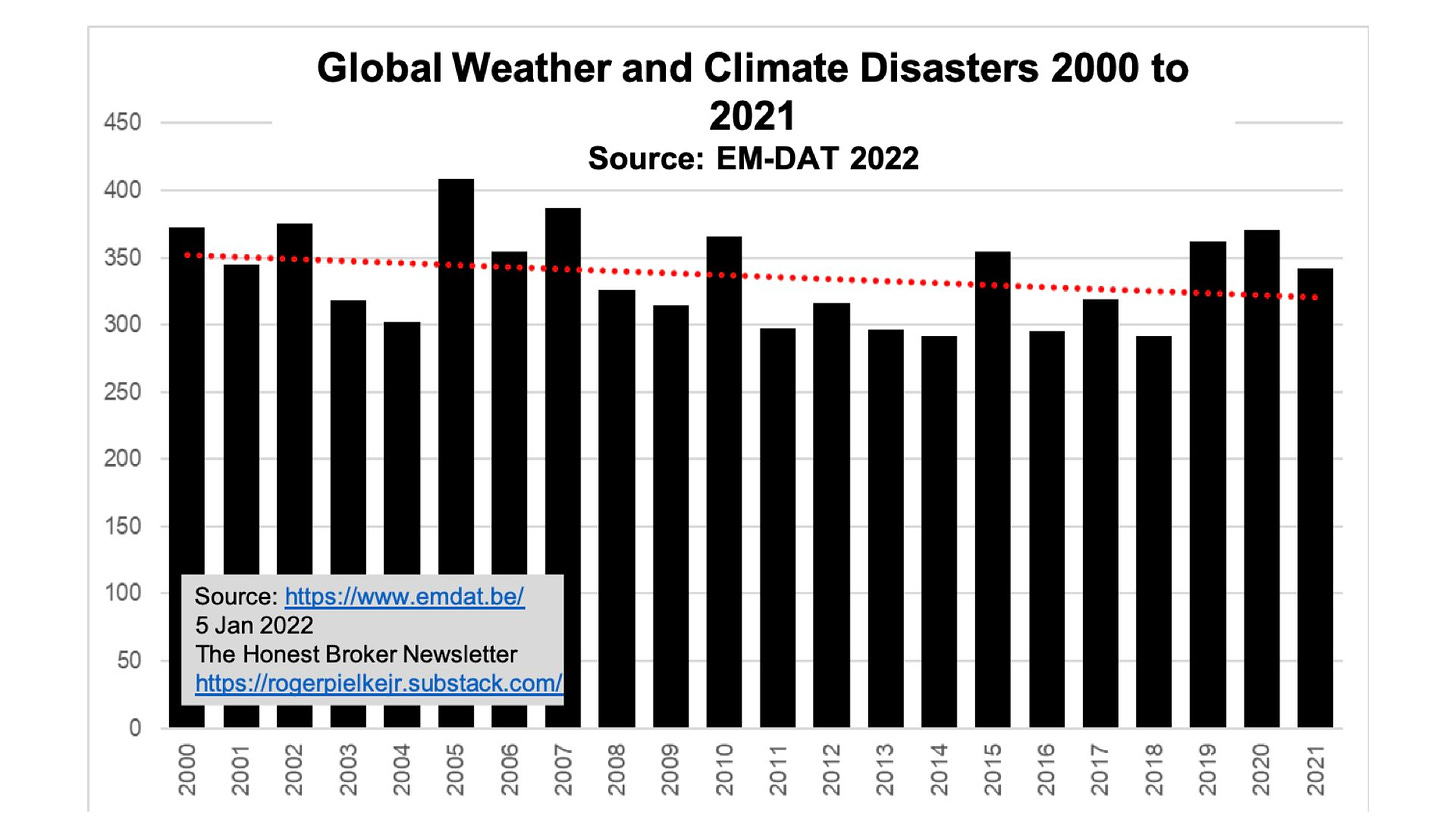Is it a coincidence that the people who said Western civilization was unsustainable are making it so?

Progressives say that, by restricting fossil energy production, they are defending civilization from climate change, which they say is causing heatwaves, droughts, and flooding. President Joe Biden and Canadian Prime Minister Justin Trudeau refuse to significantly expand natural gas production to aid energy-hungry allies in Europe. The European Commission rejected a plan to help poor nations build fertilizer factories to overcome food shortages. And last week, California banned the sale of gasoline-powered cars and trucks in the state by 2035.
And yet each of those policies risks undermining civilization far more than climate change. European steel, glass, and fertilizer manufacturers are shutting down production due to high natural gas prices resulting from shortages. Lack of food and energy is pushing both rich and poor nations closer to the kind of social unrest that brought down the government of Sri Lanka in July. And last week, just days after California banned gas vehicles, the state’s electrical grid operator urged residents to not charge their electrical vehicles due to the high risk of blackouts.

Climate change is real, and something we should limit as much as possible, but there is no increasing trend in U.S. heat wave frequency or magnitude, flooding in Pakistan declined from 1981 to 2016, and droughts are not increasing in severity or frequency in Europe. Far scarier are the charts of skyrocketing fertilizer and electricity prices due to Russia’s restriction and now halting of natural gas flows into Europe.

It’s not all bad news. European nations have successfully stored a significant amount of natural gas and should be able to keep most of their citizens warm through the winter. And California’s legislature last week voted to keep our last nuclear plant, Diablo Canyon, on-line, after previously trying to shut it down.
But Europe cannot fully replace the natural gas it is losing from Russia, nations are still failing to produce sufficient fertilizer to avert hundreds of millions of additional hunger-related deaths, and California is producing too little reliable electricity to charge the fewer than 2% of its vehicles that are electric today, and has no plan to significantly expand reliable power to charge a 100% all-electric fleet in the future.
Worse, politicians, activists, and journalists in the West are doubling down on the same failed policies, even though they are undermining their own stated objectives. Greta Thunberg last month denounced nuclear power, even though the closure of nuclear plants in her native Sweden is resulting in the burning of oil for electricity. Greenpeace Germany last week came out in support of burning more coal, rather than keeping the nation’s nuclear plants on-line. And Germany and Belgium both still intend to shut down their nuclear plants.
As for California, while it took a good step forward in keeping Diablo Canyon on-line, it only did so after three years of blackouts in a row, and record-high levels of electricity consumption. Meanwhile, lawmakers have yet to confront the fact that the state will need the equivalent of 10 full-size nuclear plants the size of Diablo Canyon if it is to provide power for 30 million cars and trucks.
Why is that? Why are the people who say they want to save civilization actively undermining it?
Why Civilized People Undermine Civilization

The main reason policymakers are pursuing pro-scarcity policies is because they, along with most of the public, believe the environment is getting worse, not better. The share of Americans who say the state of the environment is fair or poor rose from 49% to 61% between 2015 and 2022. Movies and television reinforce this perception. In David Cronenberg’s new film, “Crimes of the Future,” industrial waste, such as from microplastics, has become so prevalent that people’s bodies start evolving so they can eat it.
But almost every major environmental trend is improving. Lead, sulfur dioxide, and nitrous oxide pollutants declined 99%, 91%, and 61% between 1980 and 2018, according to the U.S. EPA. It’s true carbon emissions are rising again. But that’s because natural gas shortages are forcing nations to burn more coal, which is twice as polluting. Carbon emissions globally were flat over the last decade and declined 22% in the U.S. from 2005 and 2020. And there is little evidence that microplastics actually harm human health, something Cronenberg himself acknowledged.
Why, then, do people think things are getting worse?
In part because the news media have a bias toward bad news, and because scientists who study the environment are funded when they hype problems, not solutions. But this can’t be the whole explanation because scientists and journalists hype apparent progress, such the declining cost of solar panels, when it fits with their ideological agendas. Why do our intellectual elites favor doom and gloom when it comes to nature?
Part of the answer lies in power. Making people afraid is a way to gain control over them. Everybody likes feeling powerful, particularly journalists, who are not very powerful, trusted, or well-liked, at a social level, in comparison to other groups. And let’s face it: not that many people are afraid of God any more. They are, however, increasingly afraid of Nature.
Apocalyptic environmentalism today provides psychological comfort to secular Western people who have gradually abandoned traditional religions. For over a century, sociologists and psychologists have documented rising rates of depression and anxiety, particularly among educated, secular, and urban people. They point to a broad set of factors including urbanization, rising loneliness, and the decline of traditional religious beliefs.
A large body of research finds that people who lack a strong belief system suffer from lower psychological well-being, including higher levels of anxiety and depression. People who struggle with questions of ultimate meaning, such as their purpose in living, are unhappier. Some people refer to this condition as nihilism, which is the idea that life is meaningless, that humans are little different from other animals, and that there is no real purpose to life, other than mindless, instinctual procreation.
Such nihilism grew in influence after World War II among leading scholars in Europe and the United States. “Reason reveals life to be without purpose or meaning,” noted a historian. Elites turned to science for answers, but it turned out to be a dead end. “Science is the only legitimate exercise of the intellect,” continued the historian, “but that leads inevitably to technology and, ultimately, to the bomb” and, one might add, apocalyptic climate change, in the view of elites.
Western elites, whose grandparents felt guilty for having been born sinners against God, came to feel they had been born sinners against Nature. Nietzsche famously argued that guilt came from powerful people turning their will-to-punish inward, as a mechanism for reducing social violence, and allowing for peaceful civilizations. Today, powerful people are turning their will-to-punish outward, as a mechanism for undermining the energetic foundations of civilization.
Why, then, are the people who claim to most want to save civilization undermining it? Because they have convinced themselves that it is killing Nature, their new god.
Love Your Civilization

If the worst energy crisis in 50 years isn’t enough to shake the faith of anti-energy nihilists like Thunberg and Greenpeace, it’s unlikely anything else can, or will. Their worldviews, identities, and personal brands are locked into the demonization of nuclear and the sacralization of renewables. They can’t waver from their anti-civilization fanaticism for fear of undermining their base of popular and financial support.
But policymakers must be elected by a constituency broader than apocalyptic and nihilistic elites, and worsening energy and food shortages make them vulnerable. The next test of their dogmatism comes this November, when voters in the U.S. will have an opportunity to rebuke their pro-scarcity agenda. Other tests in Europe will come shortly after. We are very likely headed for a period of significant political disruption, including widespread protests and chaos, in response to global energy and food shortages, recession, and austerity in the face of rising public debt.
In such an environment, many in the West will take a closer look at environmental trends and note that they aren’t what they imagined. Natural disasters, measured by IPCC and every other scientific body as deaths and economic costs, are becoming less, not more, frequent. Even if climate change is worsening extreme weather events, such as heat waves, droughts, and flooding, rising human resilience thanks to economic growth is increasing faster, reducing deaths and damages, and thus what counts as a disaster.

The success of our efforts saving nuclear power plants around the world point a way forward. It’s true that it took three years of blackouts in a row to finally motivate California Governor Gavin Newsom to reverse his plan to shutter Diablo Canyon. But it occurred against a backdrop of successful public education and advocacy by my colleagues and me since 2016. The next obvious demand is to simply add more nuclear reactors to existing plant sites. Diablo Canyon, for instance, has room for four more.
In other words, apocalyptic environmentalists won’t change, but governments, and government policies, will. In the context of high energy prices, high interest rates, and the need to cut public spending, policymakers will be forced to scale back the massive subsidies being given to renewables, and lower energy prices through the greater use of natural gas and nuclear. And African governments will expand fossil fuel and fertilizer production with the help of Russia and China, if Europe and the U.S. continue to refuse to help.
Advocates of abundance, not advocates of scarcity, will increasingly be seen as the true defenders of civilization. The public, journalists, and policymakers will increasingly see climate change as a long-term challenge that requires maturity and calm rationality, not a hysterical adolescent panic. Voters will demand and governments will deliver more fertilizers, air conditioners, and water infrastructure to deal with heat waves, floods, and droughts. And Western elites will eventually realize that the path to decarbonization lies not in Chinese-made renewables and electric cars but rather in homemade nuclear, natural gas, and hydrogen.
Share This:




 CDN NEWS |
CDN NEWS |  US NEWS
US NEWS 




























